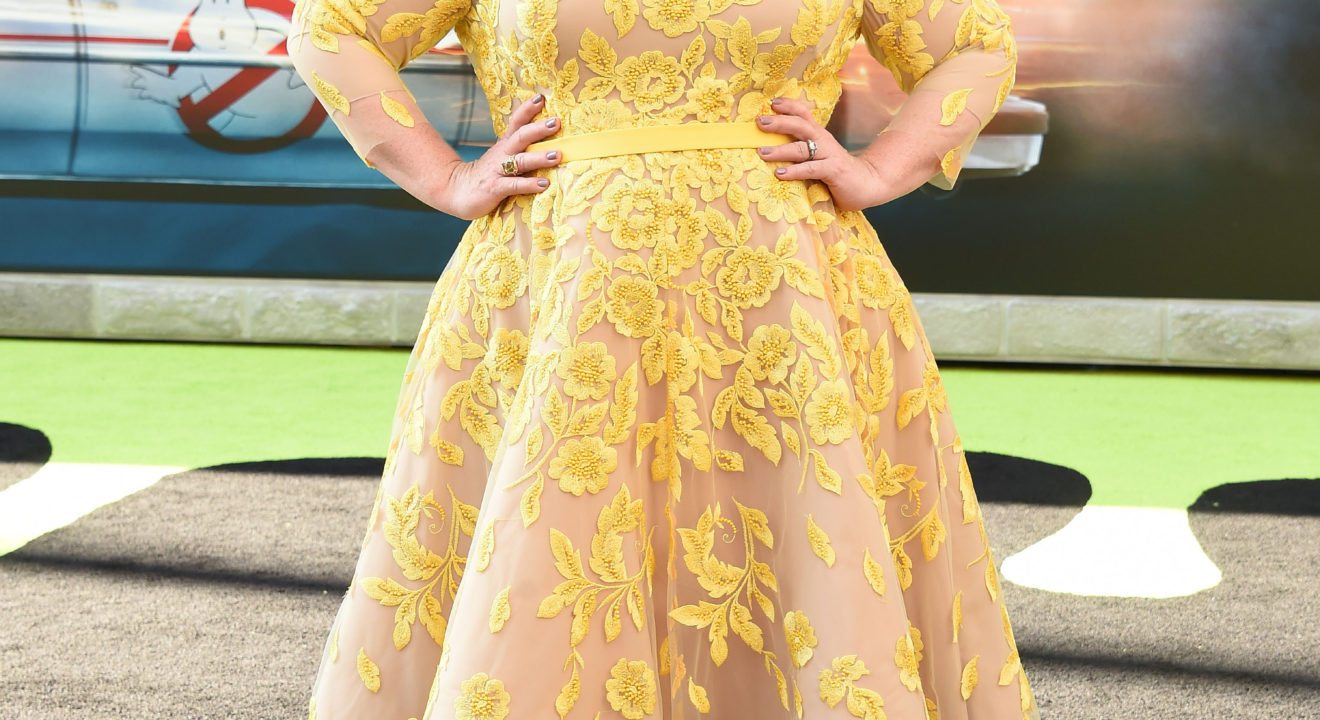Uncategorized February 14, 2017


We first met the actress Melissa McCarthy as the cute and clumsy Sookie St. James in “Gilmore Girls.” We admired her character; she was bubbly, tough and the best cook in Connecticut. Not to mention that fact that she and Jackson were #relationshipgoals. But after “Gilmore Girls” went off air, we saw rarely saw Melissa McCarthy. She caught our eyes in the sitcom “Mike and Molly” but she didn’t fully emerge into our spheres again until her reputation blew up following “Bridesmaids.”
It wasn’t that we disliked McCarthy’s character in “Bridesmaids.” In fact, it was great that a woman was being raunchy. But how come she was the only women acting like that? Did it have to do with the fact that she was one of the few plus sized characters in the film? Why did McCarthy have to act more masculine than her cast mates to be raunchy?
Since then, McCarthy’s characters have been continually defeminized. Watching McCarthy transform in to a more butch, desexualized character from her sweet feminine portrayal of Sookie seemed unrealistic.
While it’s great that a plus sized actress is finally receiving the success and notoriety she deserves, it’s interesting that this rise to fame resulted from the defeminization of her continuous comedic relief characters. Since the start of America’s pro-skinny phase, plus sized women have been continually defeminized. Despite awareness towards body positivity, we hardly see a plus sized woman as a love interest or a lead. Nor do we see revealing or “young” clothing items in larger sizes.
Rebel Wilson, another typecast plus sized woman, recently admitted in an interview with The Telegraph that being overweight has been advantageous to her in Hollywood; it made her funnier. Wilson’s weight makes her laughable and therefore unfeminine. Could Wilson get different kind of role in Hollywood if she wanted to?
If we want to ensure that we’re actually being body positive, it’s going to take more than a token plus sized side kick. Start making plus sized girls leads and love interests. Start showing them in new and diverse ways.
People look up to the characters portrayed in the media. So if plus sized women are to feel less marginalized, then they must be accurately represented in the media.
Sorry, no related posts found.